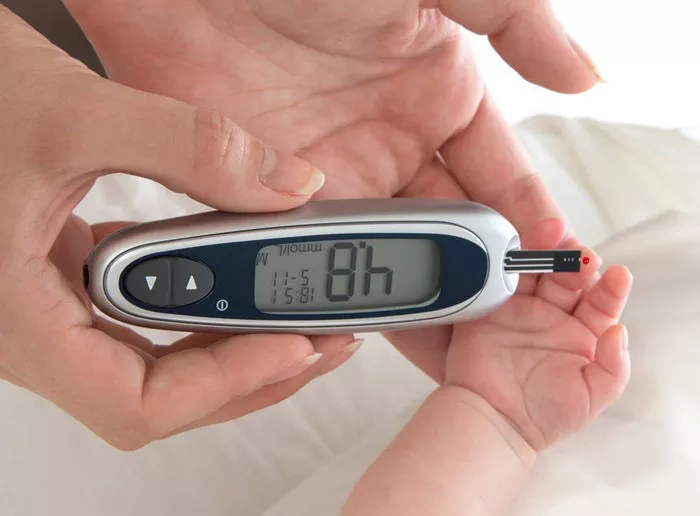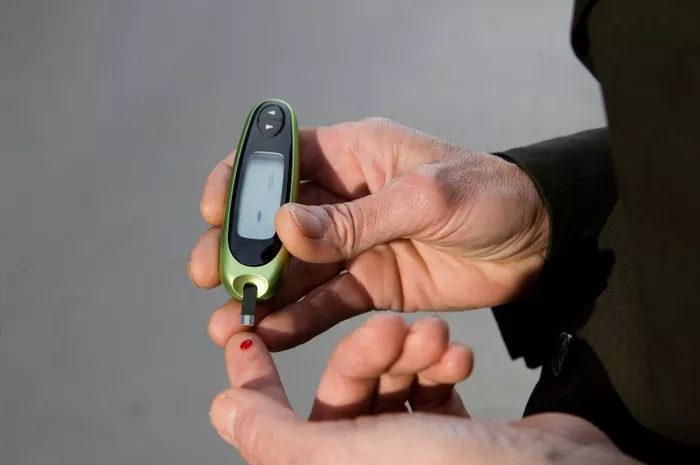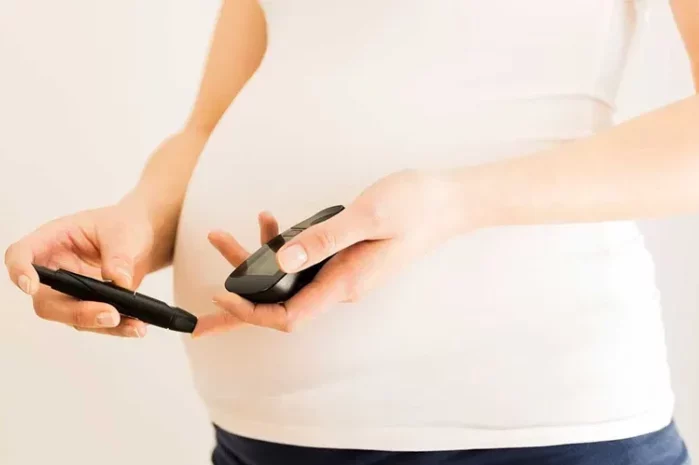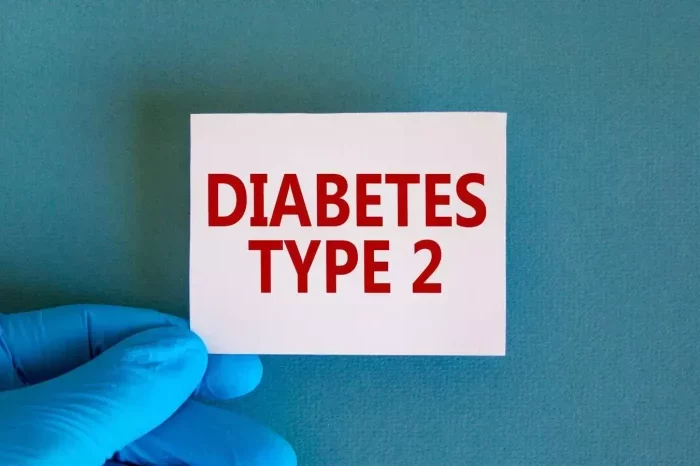Hypoglycemia, commonly known as low blood sugar, is a critical concern for individuals living with diabetes. It occurs when blood glucose levels drop below normal, typically below 70 mg/dL. While managing hypoglycemia promptly is essential to prevent serious complications, understanding its causes, symptoms, and appropriate management strategies is equally crucial for both patients and healthcare providers.
What is Hypoglycemia?
Hypoglycemia is a condition characterized by abnormally low levels of glucose in the bloodstream. Glucose serves as the primary source of energy for cells throughout the body, including the brain. Maintaining stable blood glucose levels is vital for overall health and proper bodily function.
In individuals with diabetes, hypoglycemia can occur due to various reasons, including excess insulin or certain diabetes medications, insufficient food intake, excessive physical activity, or alcohol consumption without adequate food consumption.
Symptoms of Hypoglycemia
Recognizing the symptoms of hypoglycemia is crucial for timely intervention. Early detection and management can prevent severe complications such as seizures, loss of consciousness, or even death. Common symptoms of hypoglycemia include:
Shakiness or Tremors: Uncontrollable shaking, especially in the hands, is a common early sign of hypoglycemia.
Sweating: Excessive sweating, particularly when it’s not related to exercise or a hot environment, can indicate low blood sugar levels.
Paleness: A pale complexion may accompany hypoglycemia, reflecting decreased blood flow to the skin.
Hunger: Sudden feelings of intense hunger, even shortly after eating, can be a sign of low blood sugar.
Weakness or Fatigue: Hypoglycemia can cause weakness or fatigue, making it difficult to perform routine tasks.
Dizziness or Lightheadedness: Feeling dizzy or lightheaded, especially when standing up quickly, is a common symptom of low blood sugar.
Confusion or Difficulty Concentrating: Hypoglycemia can impair cognitive function, leading to confusion, difficulty concentrating, or even memory problems.
Irritability or Mood Changes: Low blood sugar levels can trigger mood swings, irritability, or feelings of anxiety.
Headache: Some individuals may experience headaches as a result of hypoglycemia.
Blurred Vision: Vision changes, such as blurred vision, may occur during episodes of low blood sugar.
It’s important to note that symptoms can vary from person to person, and some individuals may experience mild symptoms while others may develop more severe manifestations.
Managing Hypoglycemia
Effective management of hypoglycemia involves both preventive measures and appropriate interventions when low blood sugar occurs. Here are some strategies for managing hypoglycemia:
Regular Blood Glucose Monitoring: Monitoring blood glucose levels regularly, especially before and after meals, exercise, and bedtime, can help identify and prevent hypoglycemia.
Balanced Diet: Eating a balanced diet with regular meals and snacks can help stabilize blood sugar levels. Include a combination of carbohydrates, proteins, and healthy fats in each meal to provide sustained energy.
Medication Management: If you’re taking insulin or other diabetes medications, it’s essential to follow your healthcare provider’s instructions carefully. Avoid skipping doses or adjusting medication doses without medical supervision.
Carbohydrate Consumption: Consuming fast-acting carbohydrates, such as glucose tablets, fruit juice, or sugar-containing beverages, can quickly raise blood sugar levels during hypoglycemic episodes. Always carry a source of fast-acting carbohydrates for emergencies.
Glucagon Administration: For individuals at risk of severe hypoglycemia, having an emergency glucagon kit and knowing how to use it can be life-saving. Glucagon is a hormone that raises blood sugar levels in emergencies when administered via injection.
Exercise Management: Exercise can lower blood sugar levels, so it’s important to monitor glucose levels before, during, and after physical activity. Adjust insulin doses or carbohydrate intake as needed to prevent hypoglycemia during exercise.
Alcohol Consumption: Limit alcohol consumption, especially on an empty stomach, as it can increase the risk of hypoglycemia. If you choose to drink alcohol, do so in moderation and always consume it with food.
Awareness and Education: Educate yourself, your family members, and close contacts about the signs and symptoms of hypoglycemia and the appropriate steps to take in case of an emergency. Wearing a medical alert bracelet or necklace can also help identify you as someone with diabetes in case of an emergency.
Regular Follow-Up: Schedule regular follow-up appointments with your healthcare provider to monitor your diabetes management and make any necessary adjustments to your treatment plan.
When Will Hypoglycemia Go Away?
The duration of hypoglycemia can vary depending on several factors, including the underlying cause, the severity of the episode, and how quickly it’s treated. Mild hypoglycemia can often be resolved quickly by consuming fast-acting carbohydrates, such as glucose tablets or juice. In most cases, symptoms of mild hypoglycemia will improve within 10 to 15 minutes after treatment.
However, if hypoglycemia is severe or prolonged, it may require additional interventions, such as glucagon administration or intravenous glucose infusion, to raise blood sugar levels to a safe range. Severe hypoglycemia can be life-threatening if not treated promptly and appropriately.
Once blood sugar levels have been restored to normal, symptoms of hypoglycemia should resolve relatively quickly. However, it’s essential to monitor blood glucose levels closely in the hours following a hypoglycemic episode to prevent recurrence. Adjustments to medication doses, meal timing, or exercise routines may be necessary to prevent future episodes of hypoglycemia.
In some cases, hypoglycemia may be a recurring issue, especially for individuals with diabetes who are at higher risk. In such cases, working closely with a healthcare provider to identify and address the underlying causes of hypoglycemia is essential for long-term management and prevention.
Conclusion
Hypoglycemia is a common and potentially serious complication of diabetes, but with proper management and awareness, its impact can be minimized. Understanding the causes, symptoms, and appropriate management strategies for hypoglycemia is essential for individuals living with diabetes and their healthcare providers.
By monitoring blood glucose levels regularly, following a balanced diet, managing medications appropriately, and being prepared to take action in case of an emergency, individuals with diabetes can effectively manage hypoglycemia and reduce the risk of complications. With proactive management and support, individuals with diabetes can lead healthy and fulfilling lives while minimizing the impact of hypoglycemia on their daily activities.
Related topics:
Why Doesn T Metformin Cause Hypoglycemia



























